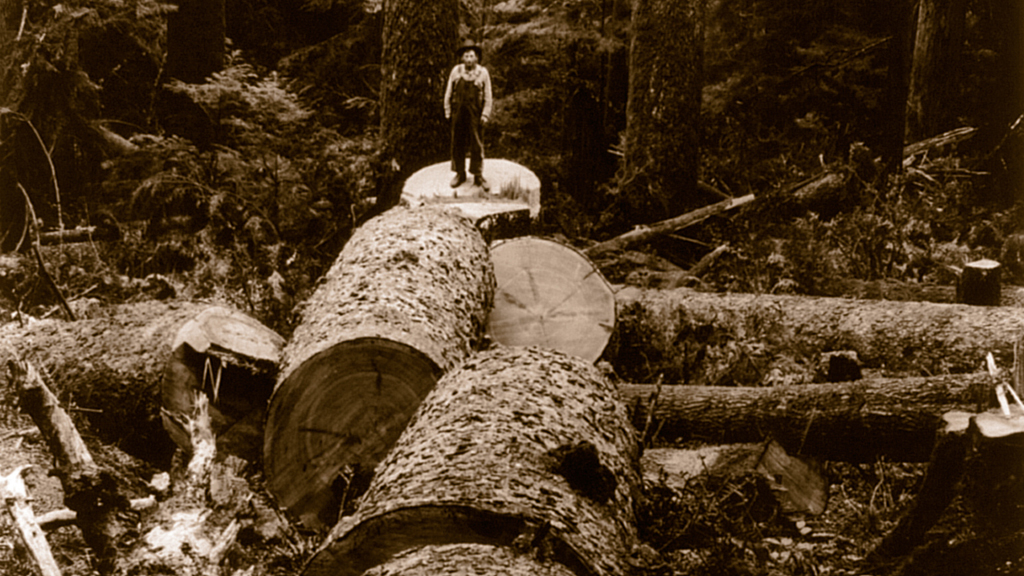Abstract
This case study follows a drama that unfolded around a stand of Sitka spruce trees (Picea sitchensis) on Vancouver Island, British Columbia. The stand held significant historical and cultural significance, particularly to the local first-nations band, but grew on privately-held land. The stage was thus set for confrontation when the landowners expressed their interest in harvesting the valuable lumber. Students are introduced to differing concepts of "old growth" before determining stake-holders in this true story. They hear real concerns presented by many of those affected in a mock town-hall meeting. Students discuss consequences to disrupting an intact stand of old growth forest, including those to the neighboring waterways and to several rare species. Finally, students work in small groups to predict a successional pathway when a secondary disruption such as logging occurs. Originally developed for a first-year science course as part of the biology unit focusing on ecology, the case can also be used in a general biology course with an ecology or conservation curriculum, or in an undergraduate ecology course.



